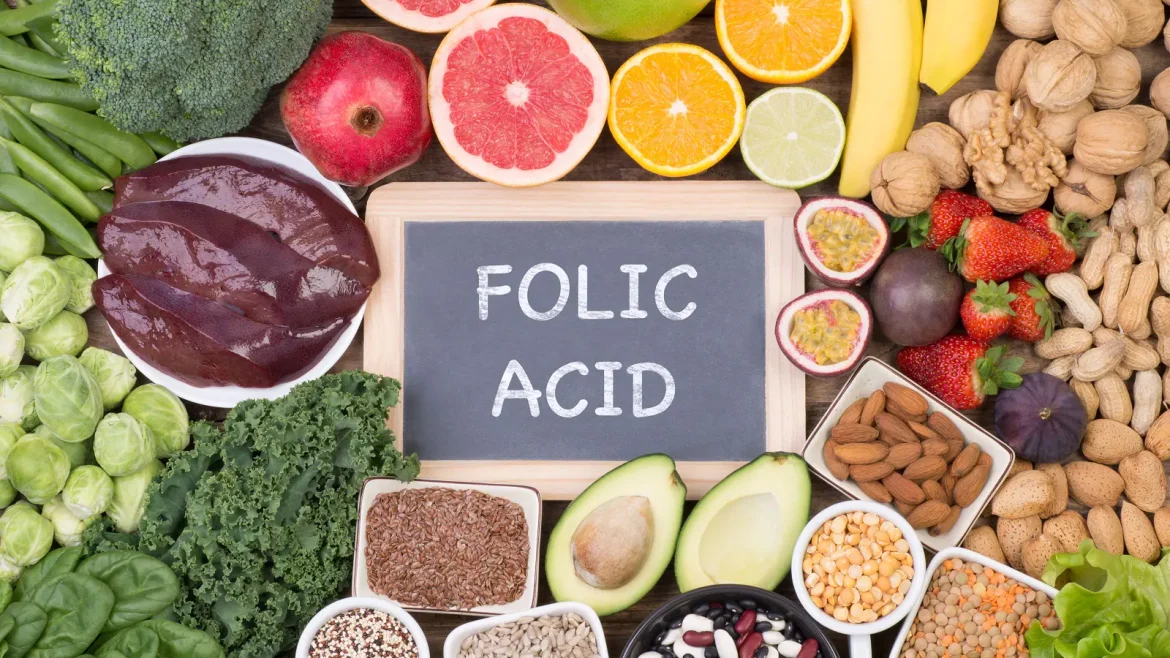Foods having a large amount of folic acid, or vitamin B9
Foods having a large amount of folic acid, or vitamin B9, such as spinach, beans, brewer’s yeast and asparagus, should be part of a balanced diet, as this vitamin, in addition to participating in the formation of body cells, strengthens the immune system. , protecting against disease and helping to maintain healthy arteries and the brain.
Folic acid deficiency can cause health problems such as stroke, anaemia, heart attack, Alzheimer’s disease and some types of cancer. In addition, low vitamin intake by those who want to get pregnant and pregnant women can generate severe diseases in the baby. Understand better what the lack of folic acid in the body can cause.
In the case of pregnancy, in addition to foods that are sources of folic acid, the obstetrician usually also recommends vitamin B9 supplementation during pregnancy to meet the needs of the mother and baby. Understand more about the importance of folic acid during pregnancy.
In addition to foods naturally rich in folic acid, since 2004, some foods have been mandatorily fortified with the vitamin in Brazil, such as wheat flour and corn flour, which must contain a minimum of 150 mcg of folic acid in every 100 g of food.
Recommended daily consumption of folic acid
The daily consumption of folic acid varies by age. For children, the recommendation goes between 65 mcg before six months, 80 mcg between 7 and 12 months, 150 mcg for 1 to 3 years, 200 mcg for 4 to 8 years and 300 mcg for children 9 to 13 years of age. Age. From 14, the recommended intake of folic acid for men and women is 400 mcg per day.
Among pregnant women, the recommendation for consumption of folic acid is 600 mcg per day to prevent the pregnant woman from having anaemia and to prevent problems in the formation of the spinal cord and spine in the baby. Among breastfeeding women, the recommendation is to consume around 500 mcg of folic acid daily.
Foods rich in vitamin B12
Foods rich in vitamin B12 are mainly those of animal origin, such as fish, seafood, meat, eggs and dairy products.
Vitamin B12 is only found in plant-based foods when they are fortified, that is, when the industry adds artificial vitamin B12 to products such as soy, rice or oat drinks, soy-based products and breakfast cereals, for example. . People who follow a vegan eating style can get vitamin B12 through fortified foods or the use of supplements.
Vitamin B12 performs essential functions in the body, such as maintaining metabolism, ensuring the health of the nervous system, stimulating the formation of DNA and producing healthy red blood cells. Check out the main functions of vitamin B12 in the body.
Vitamin B12 is present in foods in minimal amounts, which is why it is measured in micrograms, 1000 times smaller than 1 milligram.
Vitamin B12 is absorbed in the intestine and stored mainly in the liver, so the liver can be considered one of the primary dietary sources of vitamin B12.
The recommended amount of vitamin B12
From 0 to 6 months of age: 0.4 mcg;
From 6 to 12 months: 0.5 mcg;
From 1 to 3 years: 0.9 mcg;
From 4 to 8 years: 1.2 mcg;
From 9 to 13 years: 1.8 mcg;
From 14 years onwards: 2.4 mcg;
Pregnant women: 2.6 mcg;
Breastfeeding women: 2.8 mcg.
Along with other nutrients like iron and folic acid, vitamin B12 is essential for preventing anaemia. See also iron-rich foods for anaemia.
Vitamin B12 forms and intestinal absorption
Vitamin B12 has several forms and is usually linked to the mineral cobalt. This set of forms of B12 is called cobalamin, with methylcobalamin and 5-deoxy adenosylcobalamin being the active forms of vitamin B12 in human metabolism.
Vitamin B12 is decoupled from proteins through the action of acid produced in the stomach to be absorbed in the intestine. After this process, it is interested in the final part of the small intestine, along with the intrinsic factor, which is a substance produced by the stomach.
People at risk of vitamin deficiency
It is estimated that about 10 to 30% of the elderly cannot absorb vitamin B12 properly, and it is necessary to use supplements in capsules to prevent problems such as anaemia and nervous system malfunction.
In addition, people who have had bariatric surgery or who use medications to reduce stomach acids, such as omeprazole and pantoprazole, are also at increased risk of vitamin B12 deficiency.


